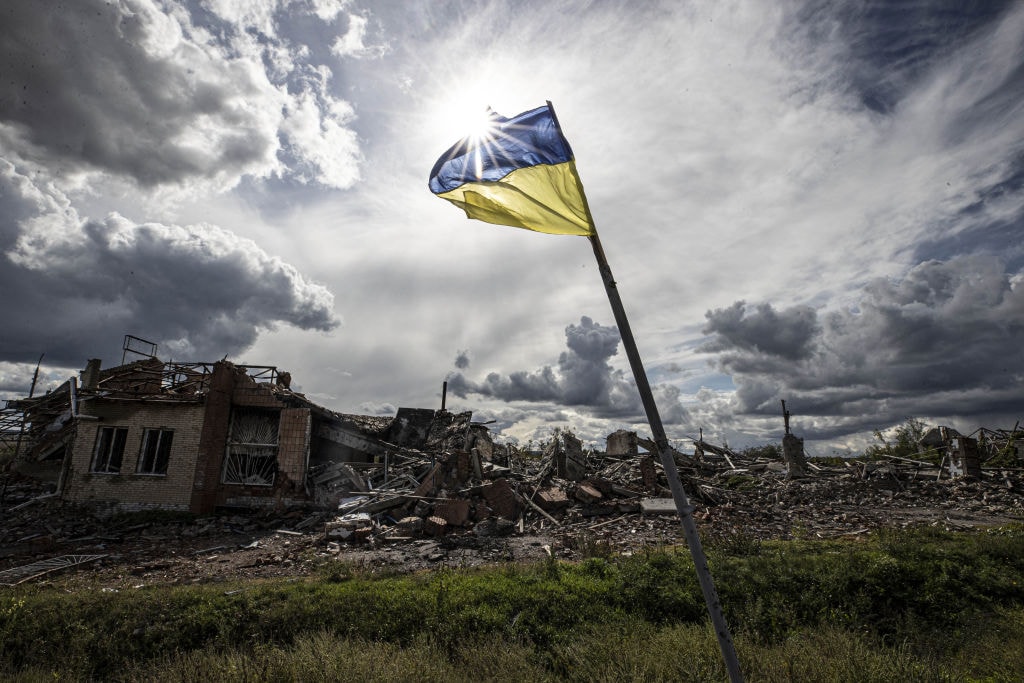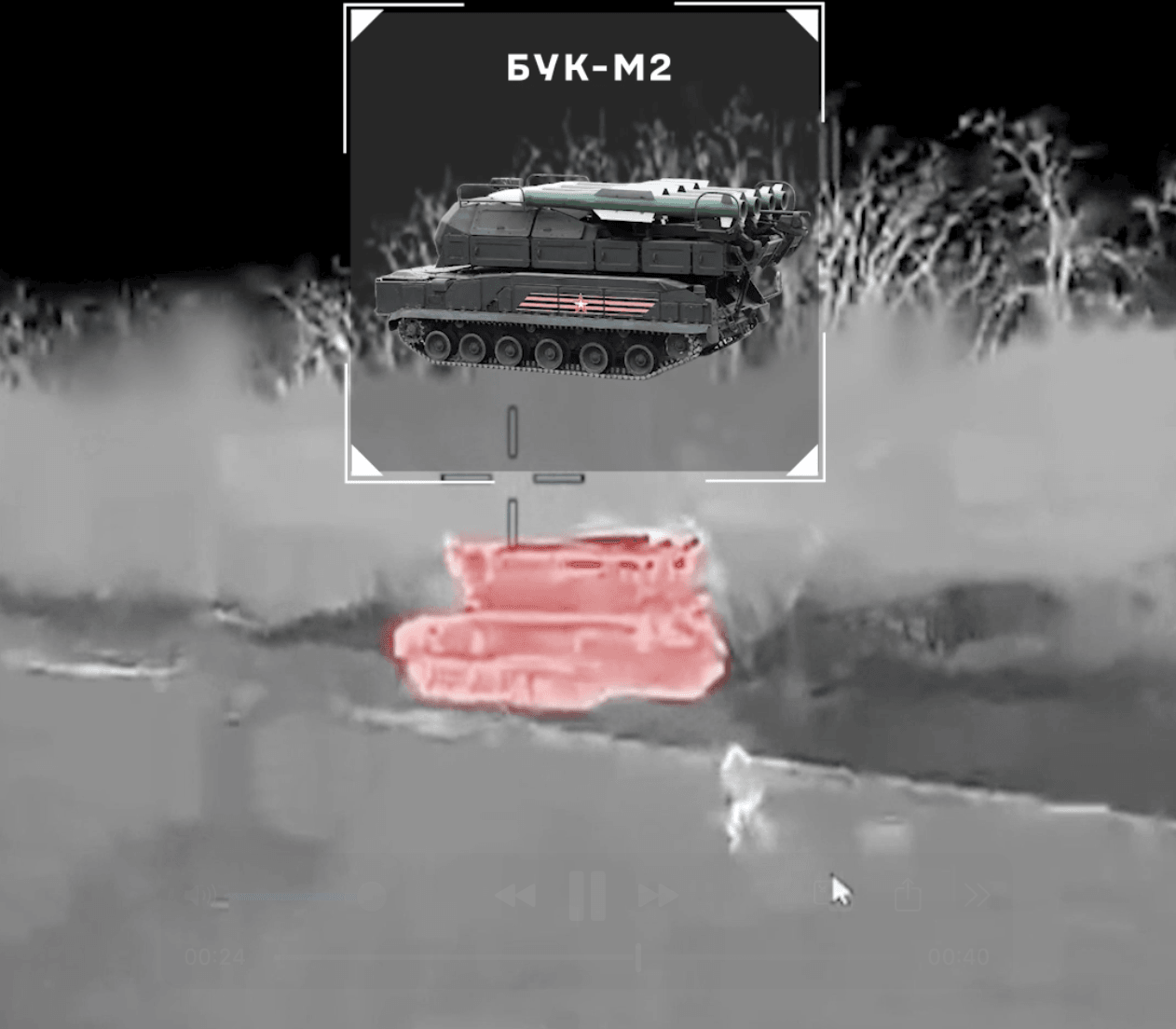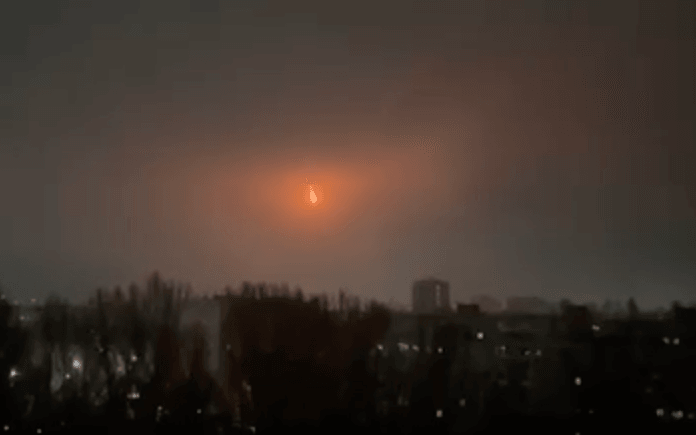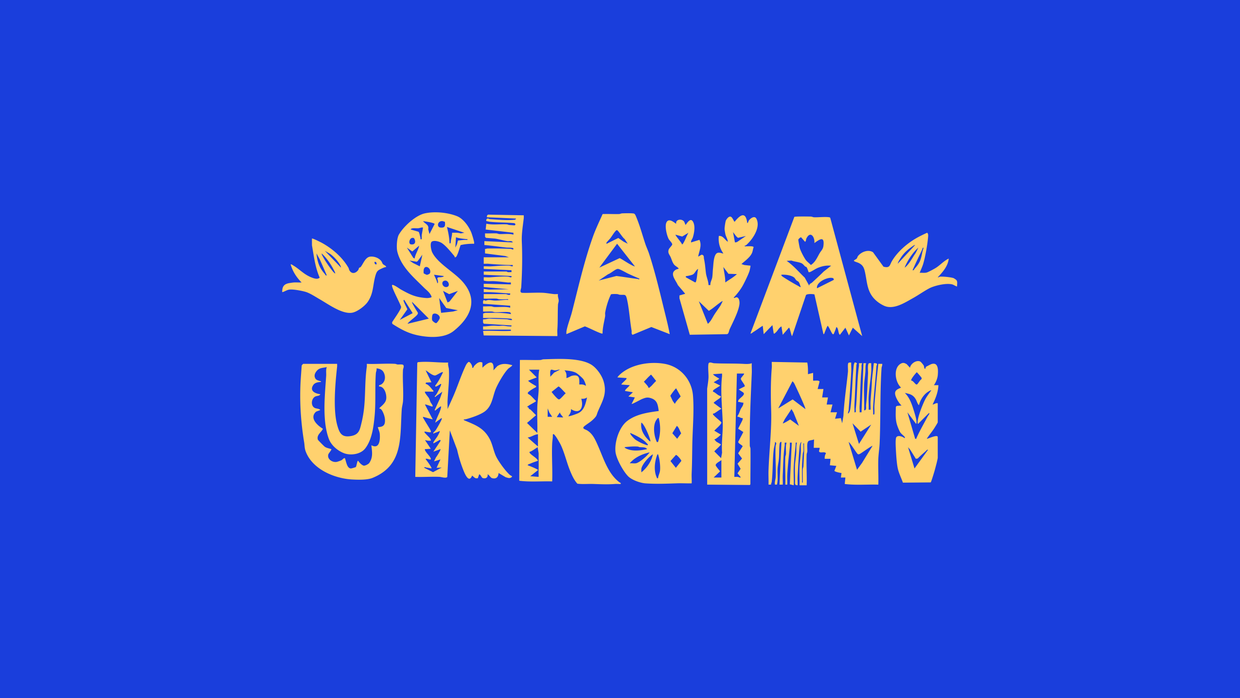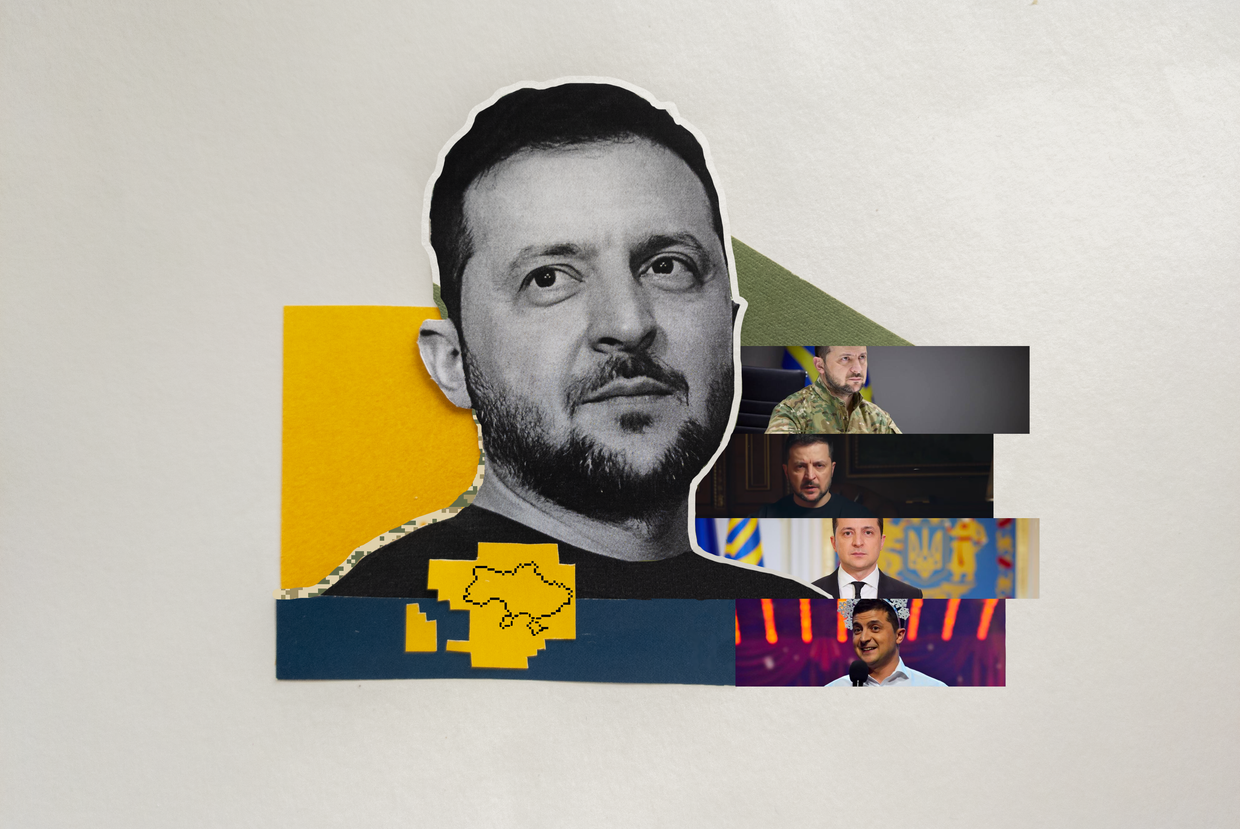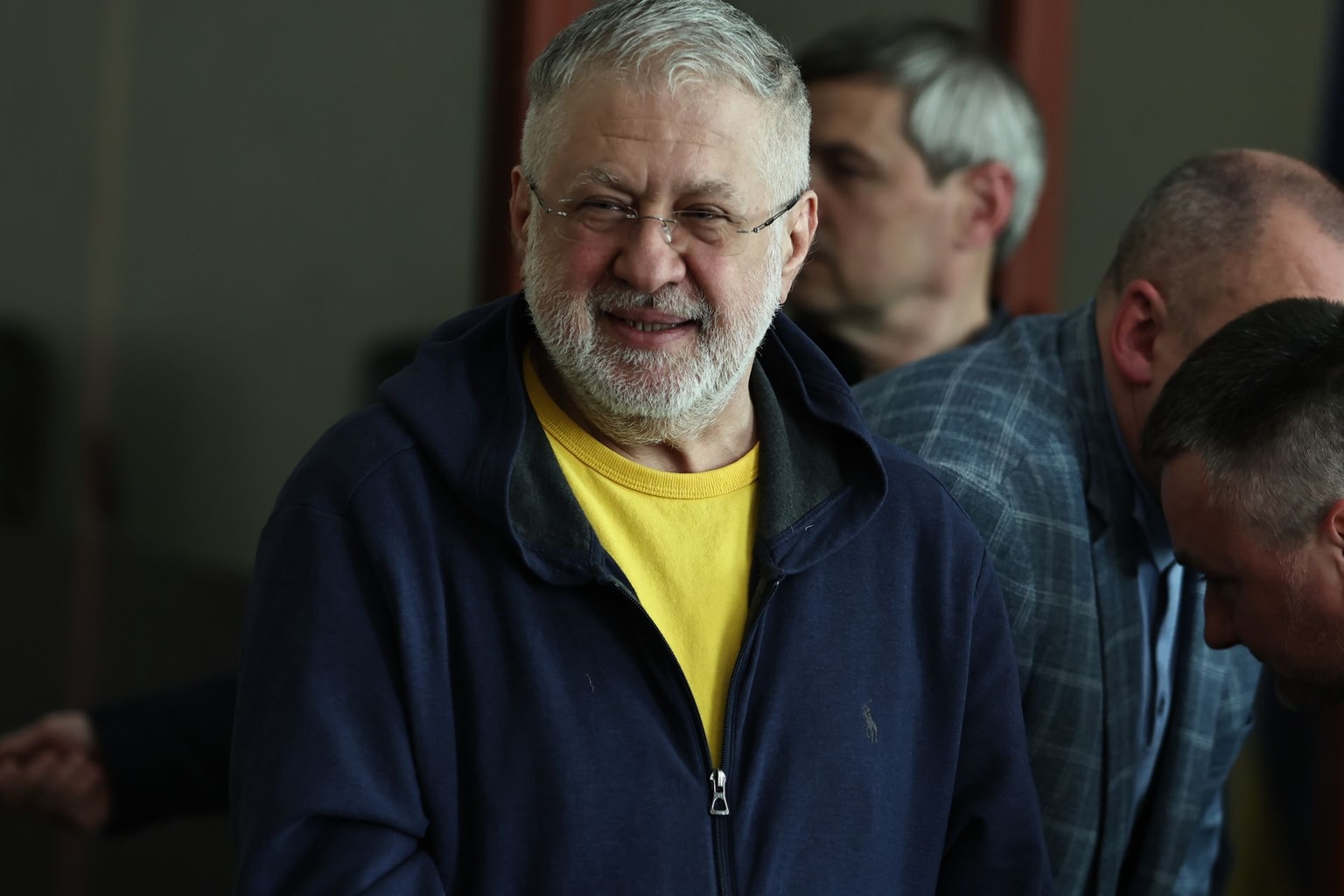Ukraine news
News Feed
'Time to update' Ukraine's defense documents, Zelensky says after meeting top military, intelligence officials
"The course of military operations has demonstrated what should become the new priorities," President Volodymyr Zelensky said.
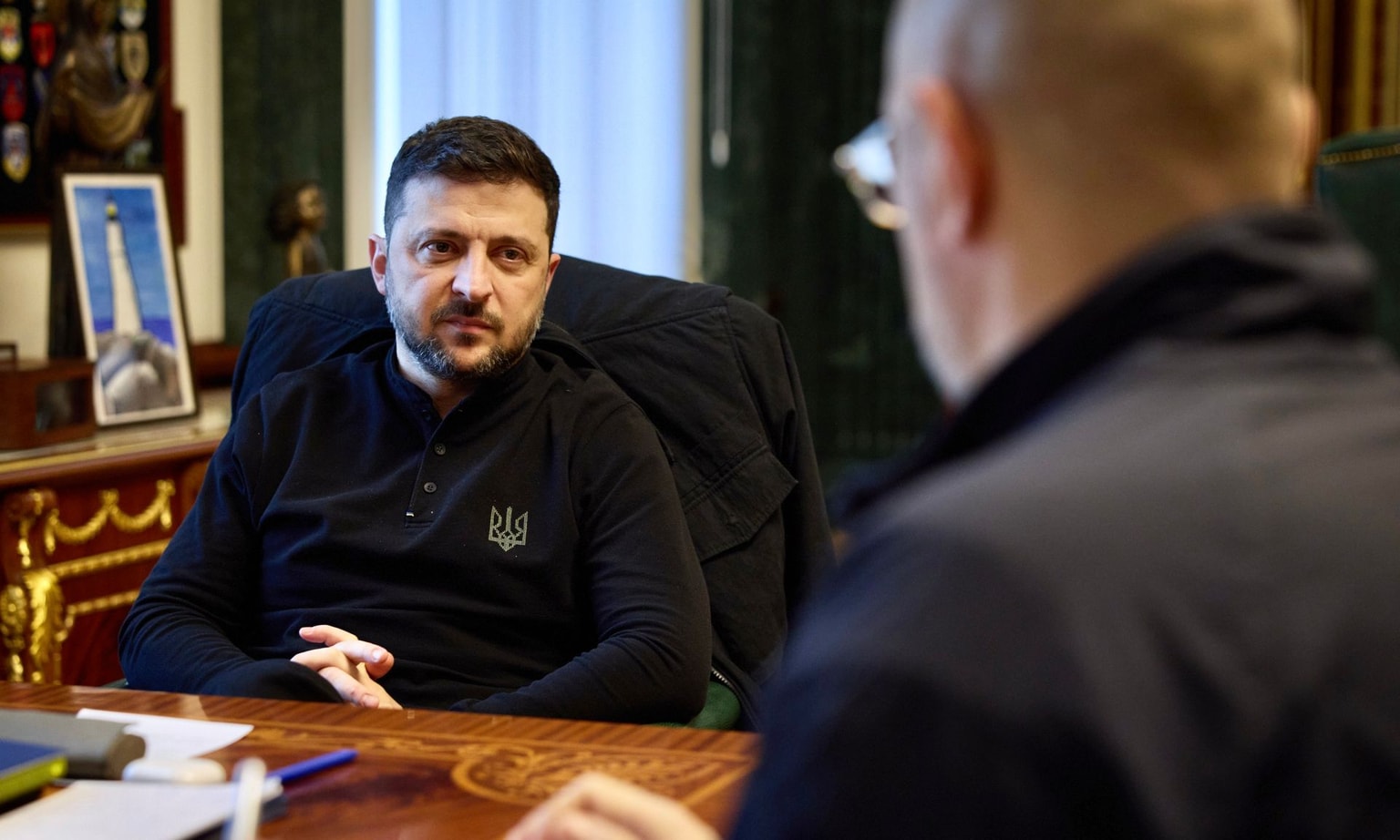
Drone attack forces oil terminal in Russia's Novorossiysk to halt all loading operations
The attack seriously damaged the mooring point two (SMP-2), prompting port authorities to halt all loading operations and order tankers out of the water area.

'Successful' Ukrainian naval drone strike disables 2 Russian shadow fleet tankers, source says
The operation targeted ships that, according to the source, could have transported nearly $70 million worth of oil and helped Moscow bypass international sanctions.

'Half of Kyiv without electricity' — 2 killed, 37 injured in 'serious' Russian attack
Ukraine's Air Force said Russia launched 596 Shahed-type attack and decoy drones and 36 missiles of various types overnight.
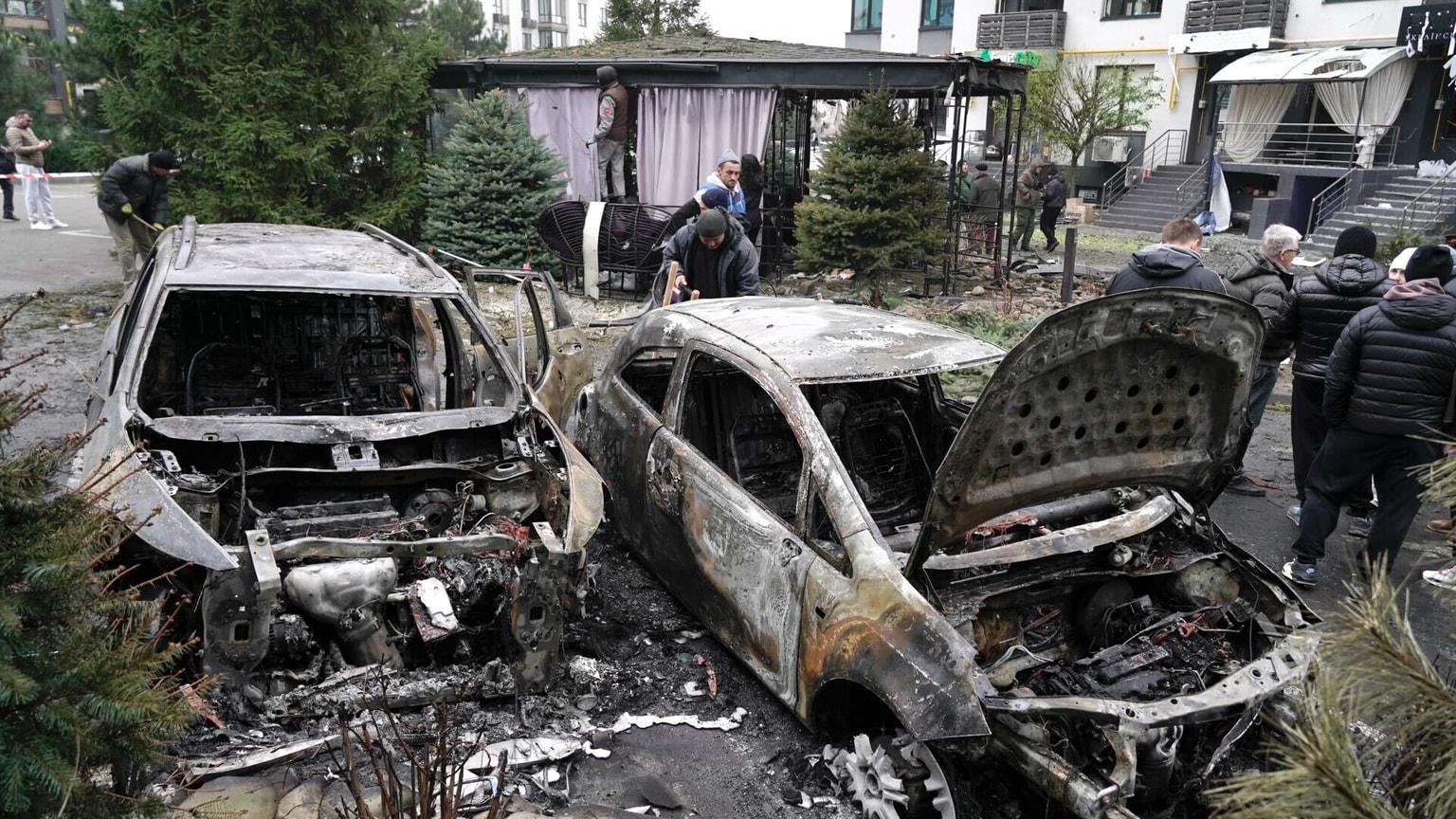
Ukraine attacks one of southern Russia's largest oil refineries, sparks fire
Ukraine's military reportedly struck one of southern Russia's largest oil refineries overnight on Nov. 29, Russian Telegram media channels reported.
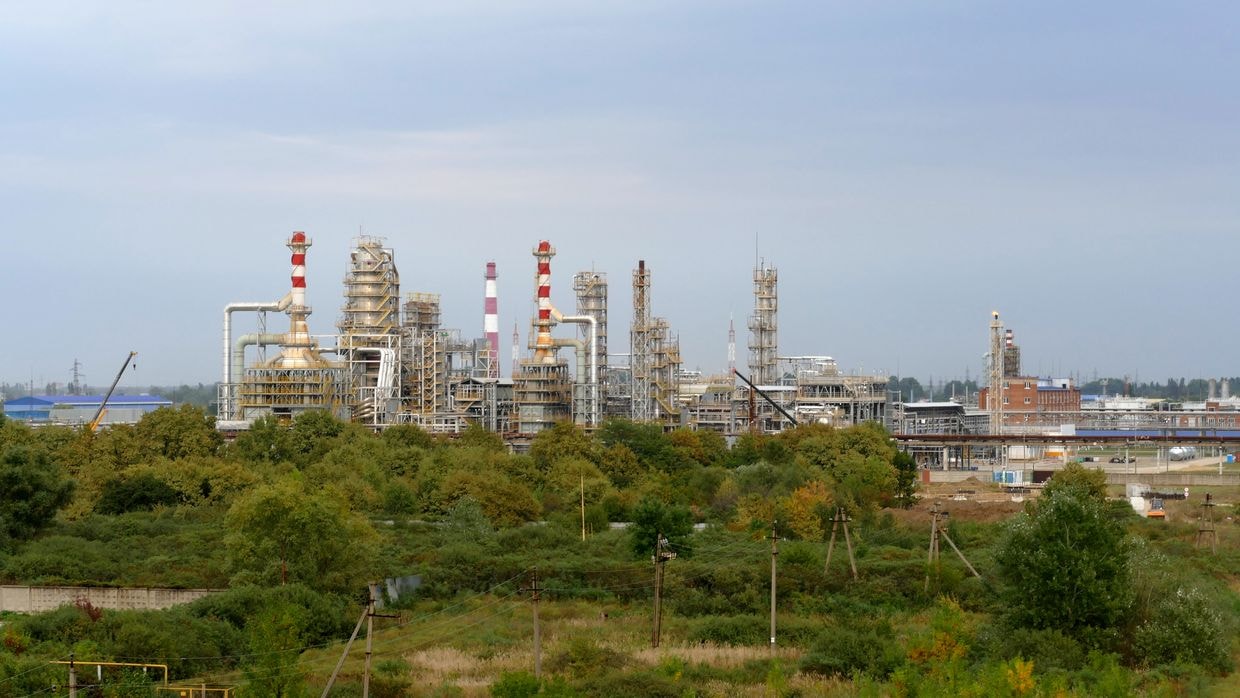
Zelensky's ex-chief of staff Yermak says 'going to the front' after resigning amid corruption probe
"I'm going to the front and am prepared for any reprisals... I am an honest and decent person," Former Presidential Office head Andriy Yermak said.

About Ukraine
The Kyiv Independent delivers reliable news, context, and on-the-ground reporting from Ukraine. The largest country located entirely in Europe, Ukrainian territory covers 603,628 square kilometers (233,062 square miles), and is bordered by bordered by seven countries, namely Russia, Belarus, Poland, Slovakia, Hungary, Romania, and Moldova. Ukraine traces its history back to the medieval state of Kyivan Rus.
Most Popular
Given two weeks to voluntarily pay the sum in a landmark ruling on Nov. 10, notorious Ukrainian oligarchs Ihor Kolomoisky and Hennadiy Boholyubov failed to make any payments before a Nov. 24 deadline, PrivatBank said in a statement.
